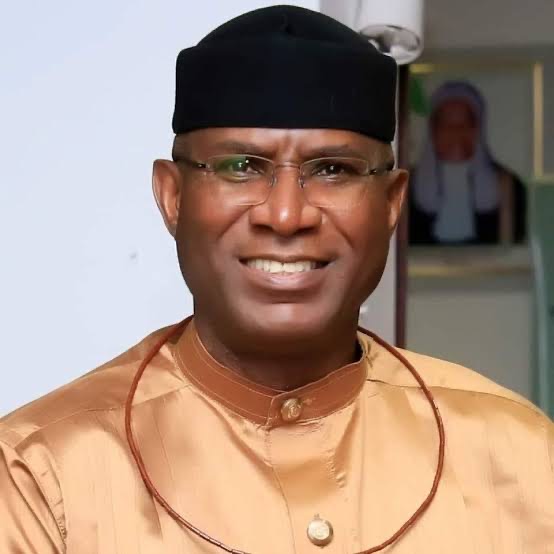The Deputy Senate President, Ovie Omo-Agege, has lamented the alleged diversion of the 13 per cent oil derivation funds by oil-producing states.
He advocated full utilisation of the funds for oil-bearing communities, as against the practice where states release only 50 per cent of the money to their development commissions.
The 13 per cent derivation fund is set aside from the federation account revenue to help oil-producing communities tackle infrastructural decay and degradation of the oil-producing communities.
Over the years, there have been complaints of state governors diverting the fund to other uses. Many have also called for direct payment of the fund through the Presidential Derivation Committee (PDC) and State Implementation Committee (SIC) to the oil-bearing communities.
In a statement by his media aide, Yomi Odunuga, the lawmaker said since host communities bear the burden of environmental degradation from the oil industry, it is only fair that all funds be channeled into their development.
He made the comments when he hosted a delegation of Oil and Gas Host Communities of Nigeria (HOSCON), led by the Amayanabo of Twon-Brass in Brass Kingdom and Chairman, Bayelsa State Traditional Rulers Council, Alfred Diete-Spiff.
Mr Omo-Agege expressed regrets that the utilisation of the 13 per cent derivation funds has become a political tool in the hands of state governors in the region and that the diversion of the money has contributed gravely to the underdevelopment of the region as the affected communities can hardly boast of having access to the basic necessities of life.
“It is fair that the 13 per cent derivation is meant to ameliorate the conditions of the people who are most impacted by oil exploration and exploitation. That is the only reason this fund was set aside as a consequence of your agitation which you led for so many years.
“These funds are not meant for the state governments. The state governments are meant to be purveyors to host communities. Even in states that have development commissions, they only earmark 50 percent of the funds to the Commission to manage on behalf of the host communities. So what happens to the other 50 per cent?
“We have always taken the position from the outset that 100 per cent of the funds is meant for the development of host communities because it is not every area that suffers from oil exploration and degradation. But for some reasons, it has become a political tool.”
The lawmaker also called for gas flaring penalties in the Petroleum Industry Bill to be paid to the host communities and not to the Federation Account. He said the annual contribution of 2.5 per cent actual operating expenditure by oil companies to the Host Community Development Trust Fund should be increased to, at least, five per cent, and penalties from gas flaring would be used to ameliorate the living conditions in Niger Delta communities, as they suffer from the environmental impact of oil exploration.
“The reason we are insisting on at least five percent of operational expenses of oil companies for the host communities is because of the stability as their operational expenses will always remain stable. The moment you say it should be profit after tax, we know what they will do…
“Under this PIB, if you give us what we are now asking for by way of enhanced contribution of five percent operational expenses to the Host Communities Trust Fund, what it means is that the communities will now assume responsibilities for the protection of the oil facilities in their host community. And if that is the case, the portion of the funds that the oil companies were spending as Security Cost should now be transferred to us,” he added.
He urged the people in the region to show more than passing interest in the development of the area and hold their leaders accountable.
On his part, the Senior Special Assistant to the President on Niger Delta Matters, Ita Enang, called on Mr Omo-Agege to intervene in the N98 billion gas flare fund controversy surrounding the Pipeline Surveillance Contract, 13 per cent derivation payment to oil producing communities and the need to pass a bill for the establishment of a Derivation Commission.

